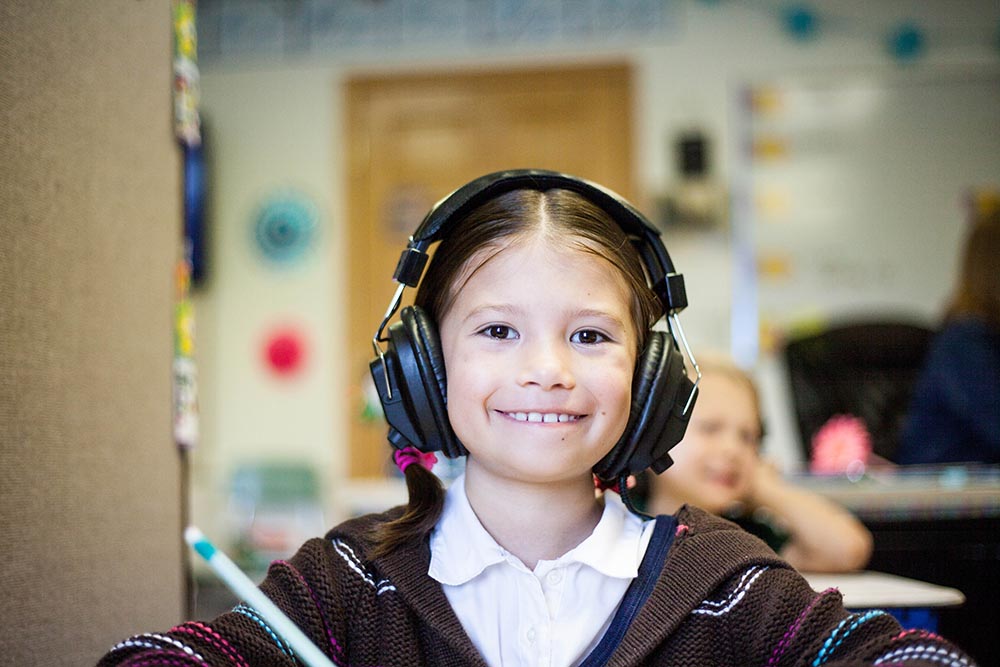初级英语听力listen to this lessen 10
本文内容导读目录
初级英语听力listen to this lessen10音频
Section 1
A. Dialogues.
Dialogue 1:
—Can I help you?
—Yes, please. I’d like some instant coffee.
—Certainly. How much would you like?
—A large jar, please.
Dialogue 2:
—That’s a very nice cardigan. Is it new?
—Yes. It was very cheap. I got it in a sale.
—I like it very much. It suits you very well.
—Oh, thank you.
Dialogue 3:
—Do you read many novels?
—Yes. I suppose I’ve read about four novels this year.
—I see. And what was the last novel you read?
—Let me see. It was A Man in Havana.
—And when did you read it?
—I read it on Tuesday evening.
—Why did you read it?
—Well …
Dialogue 4:
—Do you smoke?
—Yes, I do.
—How long have you been smoking for?
—Six years.
—And how many cigarettes have you smoked during that time?
—Thousands!
Dialogue 5:
—I was just about to have a swim when I saw the shark!
—That’s nothing. I was in the middle of swimming when I saw the shark.
—What happened?
—I started swimming for the shore, of course.
B. Hotel English
Yvonne Deraine is staying at the Hotel Neptune. She goes to the Reception Desk and asks:
Yvonne: Can I have breakfast in my room?
Clerk: Certainly, madam. Breakfast is served in your room from 7 o’clock until 10. Here is the menu.
Yvonne: Thank you. (looks at the menu) I’d like to have the Continental Breakfast. Clerk: Yes, madam. And at what time would you like it?
Yvonne: About half past eight, I think.
Clerk: 8:30. Very good, madam. And what kind of fruit juice would you like? We have pineapple, orange, grapefruit …
Yvonne: I think I’d like the pineapple please.
Clerk: Pineapple juice. And would you prefer tea or coffee? Yvonne: Coffee please.
Clerk: Thank you very much. Goodnight.
* * *
(At 8:30 the next morning, there is a light tap at Yvonne’s door.) Yvonne: Y-es. Come in.
Maid: I’ve brought you your breakfast, madam.
Yvonne: Oh yes. Thank you. Could you put it on the desk over there please? Maid: Shall I pour you a cup of coffee straight away, madam?
Yvonne: No, thanks. I’ll pour it myself in a minute. Maid: Is there anything else, madam?
Yvonne: No-no, I don’t think so, thank you.
Section 2
A. Discussion.
Eddie is talking to Tom.
Eddie: Have you ever been really frightened? Tom: I suppose so, once or twice.
Eddie: Can you remember when you were most frightened? Tom: That isn’t difficult.
Eddie: What happened?
Tom: Well, we used to have a favorite picnic place beside a lake. We had a boat there. I was there with some friends and I decided to swim to a little island. It didn’t look far and I started swimming … but half way across I realised it was a lot further than I thought. I was getting very tired. I shouted. Luckily my friends heard me and brought the boat. I thought I was going to drown. I’ve never been more frightened in my life.
B. Forum.
Should school children take part-time jobs?
This is a discussion which will appear in a magazine.
Editor: This month our panel looks at part-time jobs. Are they good for school children or not?
Headmaster: Definitely not. The children have got two full-time jobs already: growing up and going to school. Part-time jobs make them so tired they fal1 asleep in class.
Mrs. Barnes: I agree. I know school hours are short, but there’s homework as well. And children need a lot of sleep.
Mr. Barnes: Young children perhaps, but some boys stay at school until they’re eighteen or nineteen. A part-time job can’t harm them. In fact, it’s good for them. They earn their pocket-money instead of asking their parents for it. And they see something of the world outside school.
Businessman: You’re absolutely right. Boys learn a lot from a part-time job. And we mustn’t forget that some families need the extra money. If the pupils didn’t take part-time jobs they couldn’t stay at school.
Editor: Well, we seem to be equally divided: two for, and two against. What do our readers think?
Section 3
Dictation.
Spot Dictation 1:
Philip Andrew is 16 and he is about to leave school. He comes to me for advice every week. He is looking for an interesting job and he would like good wages. One of his friends works in a supermarket. Another friend works in a factory. Philip thinks supermarket jobs are not well paid. And factory jobs are boring.
Spot Dictation 2:
And finally, some news from the United States. David Thomas, the Californian pop singer, is sixteen today and he is giving a party for sixty guests. His young friends have bought him a Rolls-Royce, the most expensive one they could find. David is famous because he is the fastest driver and the youngest pop star in the state of California. He is flying to Paris tomorrow.




